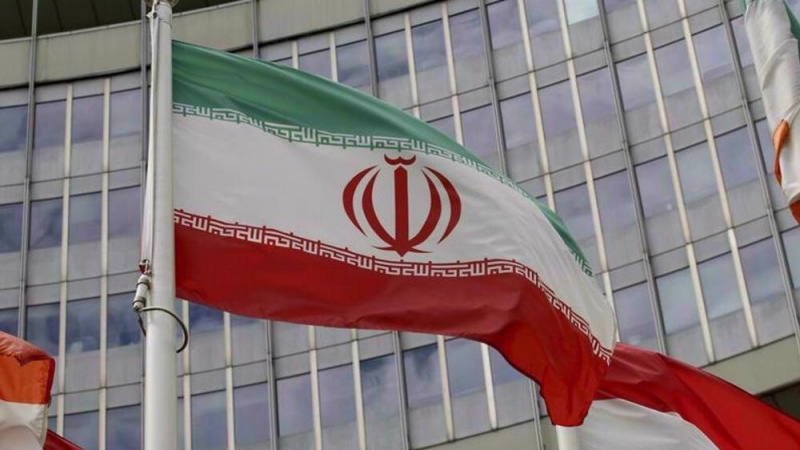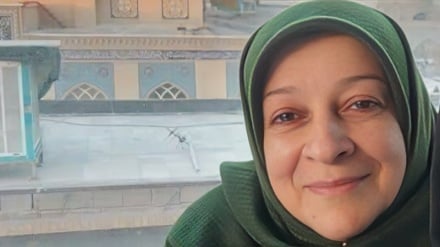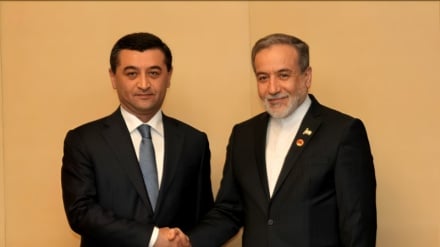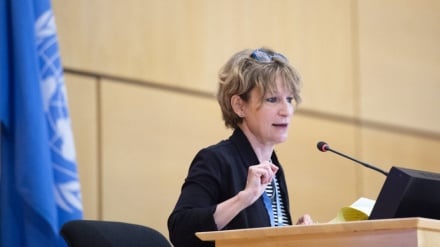Official: Iran to produce 20% enriched uranium 'as soon as possible'
Iran says it plans to enrich uranium up to 20% at its underground Fordow nuclear facility “as soon as possible”.
The decision announced by head of the Atomic Energy Organization of Iran Ali Akbar Salehi comes after the parliament passed a bill, dubbed the Strategic Action Plan to Counter Sanctions, which was written later into the law.
Salehi said the government and his organization are obliged to implement the law.
“We are like soldiers and our fingers are on the triggers,” Salehi told national television. “The commander should command and we shoot. We are ready for this and will produce (20% enriched uranium) as soon as possible.”
The International Atomic Energy Agency acknowledged Iran had informed its inspectors of the decision by a letter after news leaked overnight Friday.
“Iran has informed the agency that in order to comply with a legal act recently passed by the country’s parliament, the Atomic Energy Organization of Iran intends to produce low-enriched uranium (LEU) up to 20 percent at the Fordow Fuel Enrichment Plant,” the IAEA said in a statement.
The agency said it “has inspectors present in Iran on a 24/7 basis and they have regular access to Fordow.” The parliamentary bill also called on Iran to expel those inspectors, though it appears Tehran still hasn’t decided to take that step.
Salehi said Iran would need to switch out natural uranium in centrifuges at Fordow for material already enriched to 4% to begin the process of going to 20%.
“It should be done under IAEA supervision,” Salehi added.
Iran showed to the world the peaceful nature of its nuclear program by signing the Joint Comprehensive Plan of Action (JCPOA) with six world states — namely the US, Germany, France, Britain, Russia and China — in 2015. The nuclear deal was also ratified in the form of a UN Security Council Resolution 2231.
However, Washington’s exit in May 2018 and the subsequent reimposition of unilateral sanctions against Tehran left the future of the historic agreement in limbo.
Tehran remained fully compliant with the JCPOA for an entire year, waiting for the co-signatories to fulfill their end of the bargain by offsetting the impacts of Washington’s bans on the Iranian economy.
As the European parties failed to do so, Tehran moved in May 2019 to suspend its JCPOA commitments under Articles 26 and 36 of the agreement covering Tehran’s legal rights.
Last month, the Iranian parliament required the government to scale back more obligations under the JCPOA after a prominent nuclear scientist was assassinated in a sophisticated attack near Tehran.
MG



